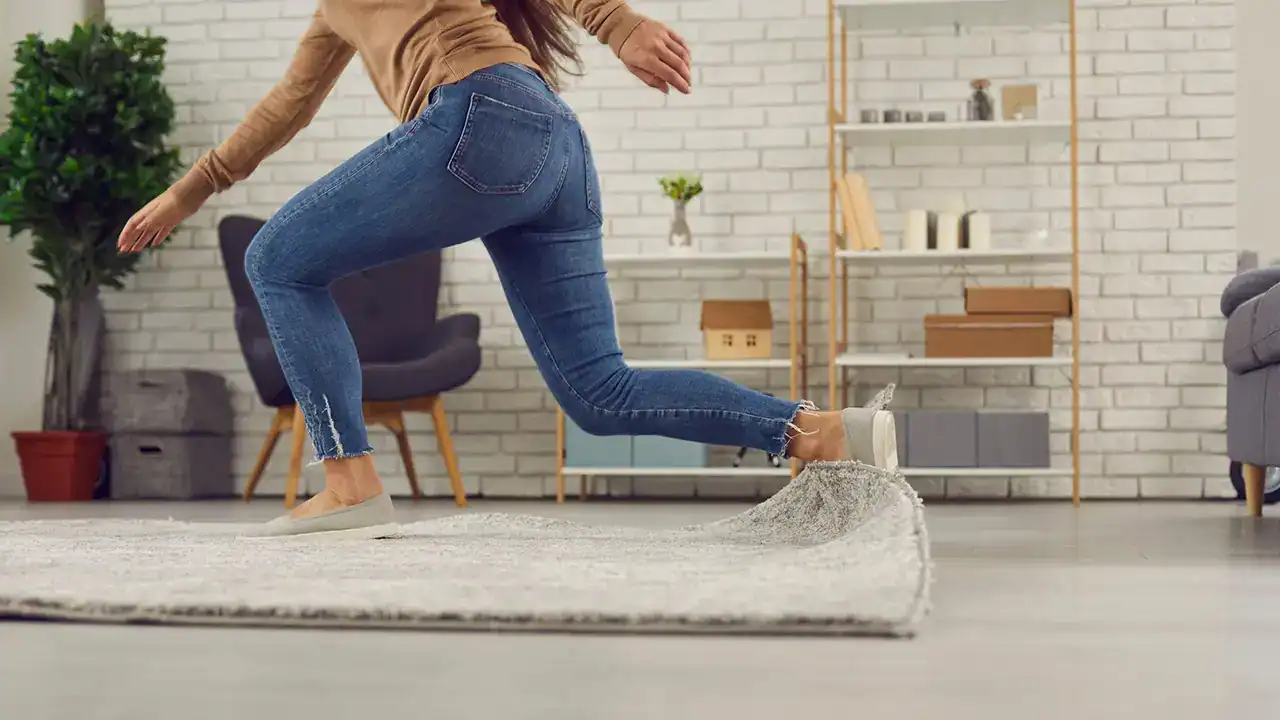Clinical research on fall prevention conducted by the University of Limerick has recently been approved, and they are now beginning to recruit participants with Parkinson's disease.
Fall risk in Parkinson's disease
Fall risk is a known problem for people with Parkinson's disease.
One study documented that 38% to 87% of parkinsonian patients experienced falls. In addition, Parkinsonians have a higher risk of falling than their peers, with an increase of 19%. In fact, the motor symptoms of Parkinson's induce a higher risk.
In fact, some of these symptoms may lead to worsening of balance, increasing the possibility of falling.
For example:
- The slowness of movement;
- Festination (involuntary stepping with shortened and progressively faster steps);
- Motor blocks;
- Rigidity;
- Pitch lock.
Blocking the stride increases the risk of falling
In particular, Step Lock is a serious risk factor for falls because people who experience it are more likely to fall than those who do not report this symptom.
In fact, one study documented that “freezers” fall more frequently than “non-freezers.” Their fall frequency is almost two and a half times that of non-freezers (57.7% versus 23.6%). This higher risk leads to a decrease in the patient's independence and, consequently, their quality of life.
Fall prevention study
There are many fall prevention programs, but studies investigating their effectiveness do not use the same results. Therefore, it is not possible to compare or combine their results.
Using the same results during studies would help develop more effective prevention programs.
Against this background, Nicola O'Malley, a doctoral student at the University of Limerick, decided to initiate this study on fall prevention to find a set of central findings. Dr. Amanda Clifford and Professor Susan Coote of the University of Limerick will supervise her work. The study was approved in May 2022 and they are now beginning to recruit participants with Parkinson's disease worldwide.
The study consists of up to three phases, during which the patient must complete a 15-minute questionnaire per phase. If you wish to participate in the online survey.
Gondola AMPS therapy can reduce the risk of falling
Regarding fall prevention, noninvasive therapeutic options such as Gondola AMPS (Automated Mechanical Peripheral Stimulation) can help prevent falls caused by walking problems.
With Gondola AMPS therapy, functional connectivity between the motor control areas of the brain responsible for walking and balance is enhanced, inducing improved walking and thus reduced incidence of falls.
Some studies have also documented how, in the long term, Gondola AMPS therapy could restore walking rhythmicity and reduce the risk of falling.
Gondola Professional offers AMPS therapy for outpatient or hospital use. However, patients can adopt Gondola Home for personal use if they wish to carry out the treatment independently.
If you would like to learn more about AMPS Gondola therapy, please feel free to contact us at info@gondola-medical.com or one of our numbers +41 (0)91 921 3838 from Switzerland or +39 02 97070 465 from Italy.




